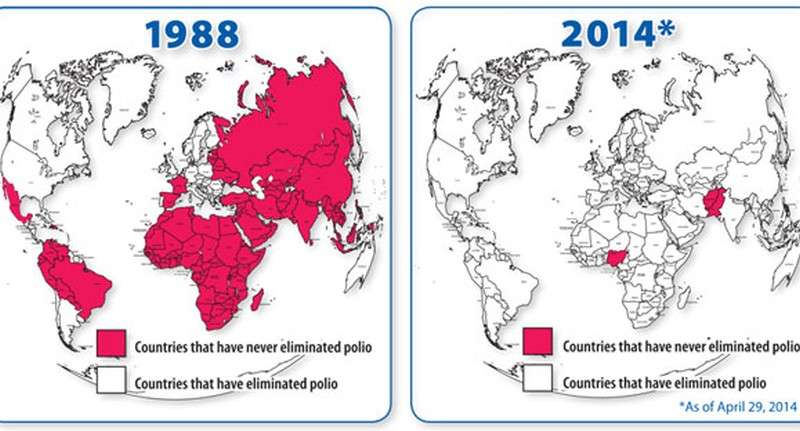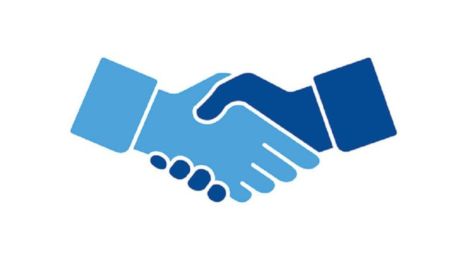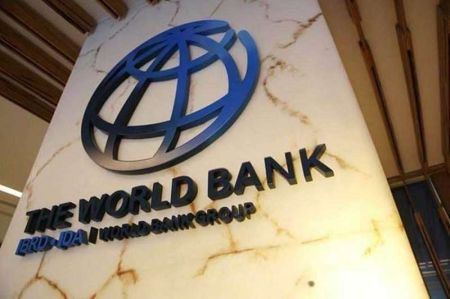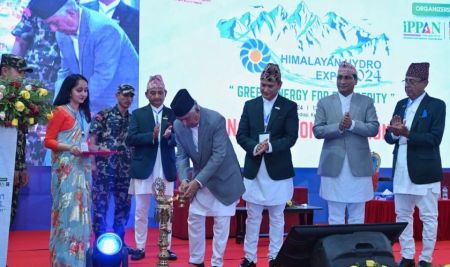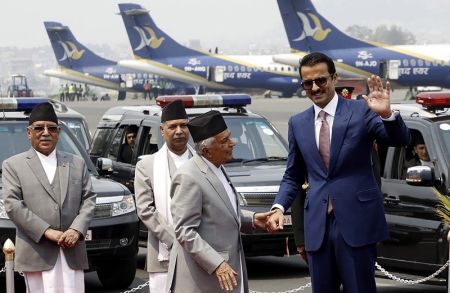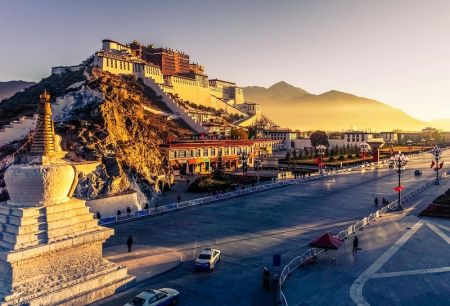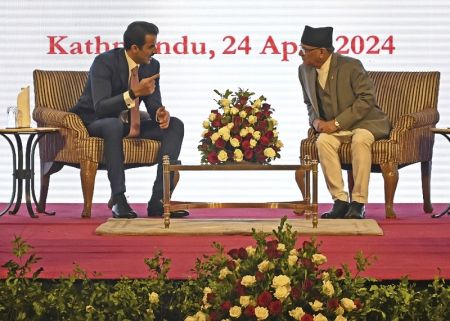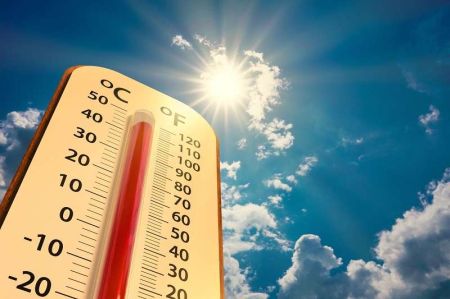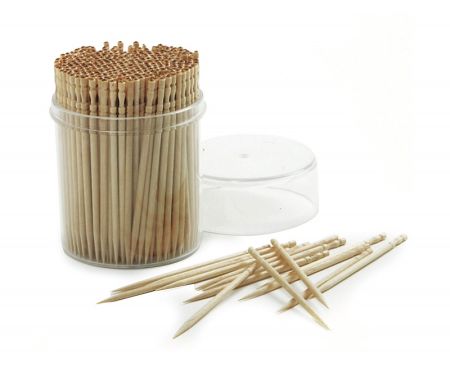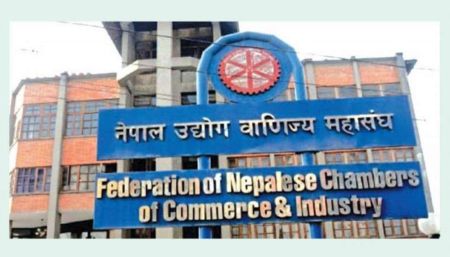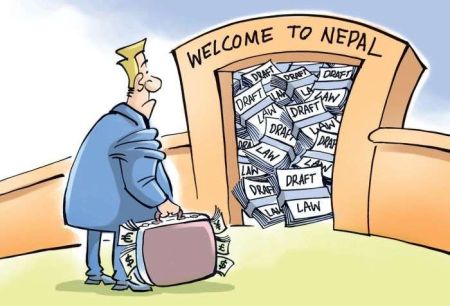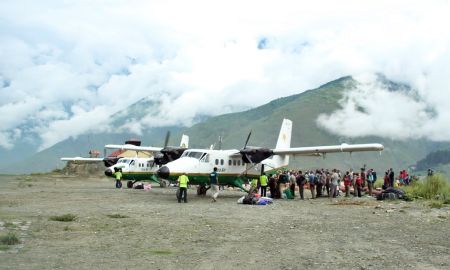March 29: WHO South-East Asia Region was certified polio-free on March 27, 2014, proving wrong many public health experts who believed that the region, which accounts for one-fourth of the global population, would be the last bastion for polio eradication. Five years on, the region not only continues to maintain its polio-free status but is demonstrating how the polio legacy can effectively strengthen overall immunization and other programs, according to a statement issued by WHO.
“Member countries, partners and the community themselves continue to work together to keep the crippling virus at bay. The polio program’s emphasis on innovation and reaching everyone, everywhere is being replicated by many other public health programs with impressive results,” said Dr Poonam Khetrapal Singh, regional director of WHO South-East Asia Region.
According to WHO, the last case of wild poliovirus in the region was reported from West Bengal, India, where a two-year old girl suffered polio paralysis on January 13, 2011. An intense response by the government of India supported by WHO, UNICEF, Rotary International and other partners ensured it remained the last case in WHO South-East Asia Region.
WHO claimed that every year more than 32 million children across the region are being reached with oral polio vaccines under routine immunization and through mass polio vaccination campaigns to maintain high population immunity against polio. In India, an additional 460 million doses of oral polio vaccines were given to children through four mass polio vaccination campaigns conducted in 2018.
“As a part of the vigilance for polio in the region, surveillance for polio continues to be further strengthened. More than 75 000 stool samples were tested in 16 poliovirus laboratories in the Region in 2018. Environmental surveillance for poliovirus detection has been expanded three-fold in the last five years. Samples are now collected for testing from 74 sites in India, Indonesia, Bangladesh, Nepal, Myanmar and Thailand. In 2014, environment surveillance was conducted only in India, from 23 sites,” the statement added.
The statement further said that polio programme and its lessons are guiding efforts to eliminate measles and control rubella, a flagship priority programme in WHO South-East Asia Region.


